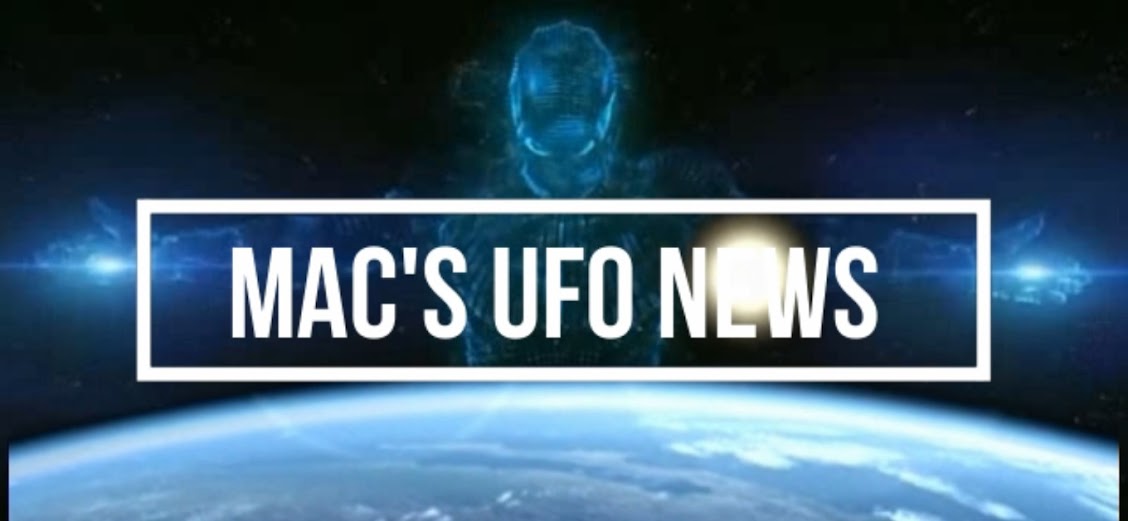By Tom Head
Gabriel G. de la Torre, a psychologist at Spain’s University of Cádiz, isn’t sure we should be in a hurry for SETI and similar initiatives to succeed—because we have a skewed and incomplete understanding of how we should respond to first contact with an extraterrestrial civilization, and what our next step should be. After sending questionnaires to 116 students at American and European universities, he reached the unsettling conclusion that “the knowledge of the general public … of the cosmos and our place within it is still poor” and that “we need a new Galileo to lead this journey.”
But I’m not sure de la Torre, or anyone else, is in a position to assess just how huge contact with an intelligent extraterrestrial civilization would be. In a relative sense, the fact that we’re disagreeing about issues of scientific literacy and ethical priority pales in comparison to the fact that any civilization we encounter is statistically likely to be much more advanced than we are, and its mere existence will tell us things that will blow our minds—and that kind of dramatic paradigm shift will have unpredictable consequences on all of us.
But maybe it doesn’t matter. As Carl Sagan explains here, taking into account the finitude of the speed of light and the vastness of the universe, we may not hear back from another civilization until 2350 or so:
It’s no coincidence that this process towards a more cosmic view—which Sagan calls “the deprovincialization of our planet”—is in our best interests as well, whether we actually contact another species or not. If contact with an advanced extraterrestrial civilization does shock our cultural system, we can hope it will do so completely enough that we will finally give up violence and exploitation—because those very terrestrial threats have threatened our survival as a species as completely as any extraterrestrial civilization could.

